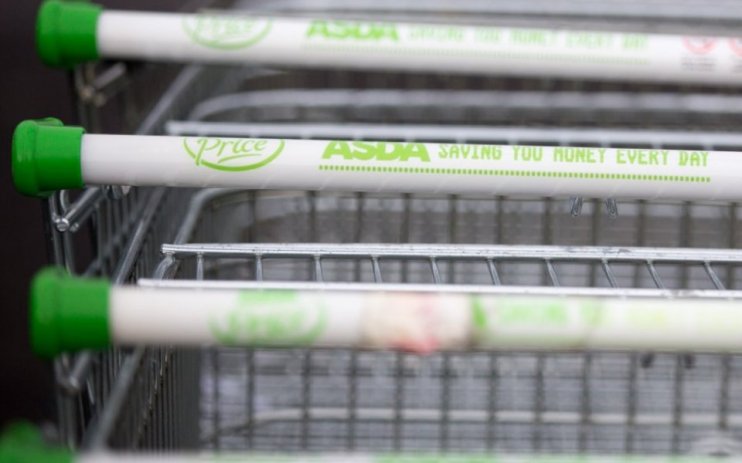Opinion: Supermarkets look a good bet

The received wisdom at present is that UK property capital markets have pretty much gone into suspended animation in the face of the pandemic, but this certainly isn’t the case in the grocery-led sector.
There are currently seven substantial supermarket transactions totalling around £205m which are either under offer or due to imminently complete. And these are not fire sales from struggling funds: the average net initial yield on the deals is a shade under 5%. This is in addition to the £325m of supermarket deals that we’d already seen transact in the year to date, and is accelerating the buying trends that Collier’s identified in our 2020 UK Grocery Report.
Read more: Supermarket footfall through the roof amid stocking-up
While the financial markets may remain unconvinced about the long-term prospects for the UK supermarket majors – Tesco’s share price is strangely down about 13% since the beginning of the year – real estate investors remain sweet on the sector.
Exceptional grocery trading, triggered by the extended isolation measures brought forward by the Government, will mean that the Big Four – Tesco, Sainsbury’s, ASDA and Morrisons – together with the likes of Waitrose, the Co-Op, Aldi and Lidl, are set to see strong 2020 revenues. In March, grocery sales of £10.8bn represented year-on-year growth of 20.6% – and reflected a level higher than the typical trading month before Christmas.
Despite pleas for us to keep our distance, the supermarket giants will be particularly pleased by the number of in-store visits. In the week ending March 21st, shoppers on average each made three additional shopping trips than usual, equating to 79m more trips, and an extra £1.9bn spent on groceries. Yes, online trading has also boomed but the harsh reality is that the majors don’t make money from home delivery owing to the high fulfilment costs and low margins that it entails.
So for the present, a nation which had taken to eating out on a regular basis during the past few years has returned to the family dinner table – or eating ready meals while bingeing on Netflix.
Of course, the question is will we go back to our previous ways once we again have freedom of movement? Certainly the charms of home cooking or ready meals may have palled by then but even so, if we are in for tougher economic times, then the nation’s appetite for eating out is likely to be blunted by its ability to pay.
However, the need to eat and the growth of ‘comfort eating’ in the face of the current grim situation is going to underpin supermarket performance for some time to come.
For property investors looking for supermarket assets they are likely to be confronted – metaphorically speaking – by shelves every bit as bare as those which appeared nightly on our TV screens a couple of weeks back. The sector – with its long-leases, index-linked rents and strong covenants – was already extremely popular with investors. Now the argument to buy grocery-backed assets – or indeed to hold onto them – is even more compelling.